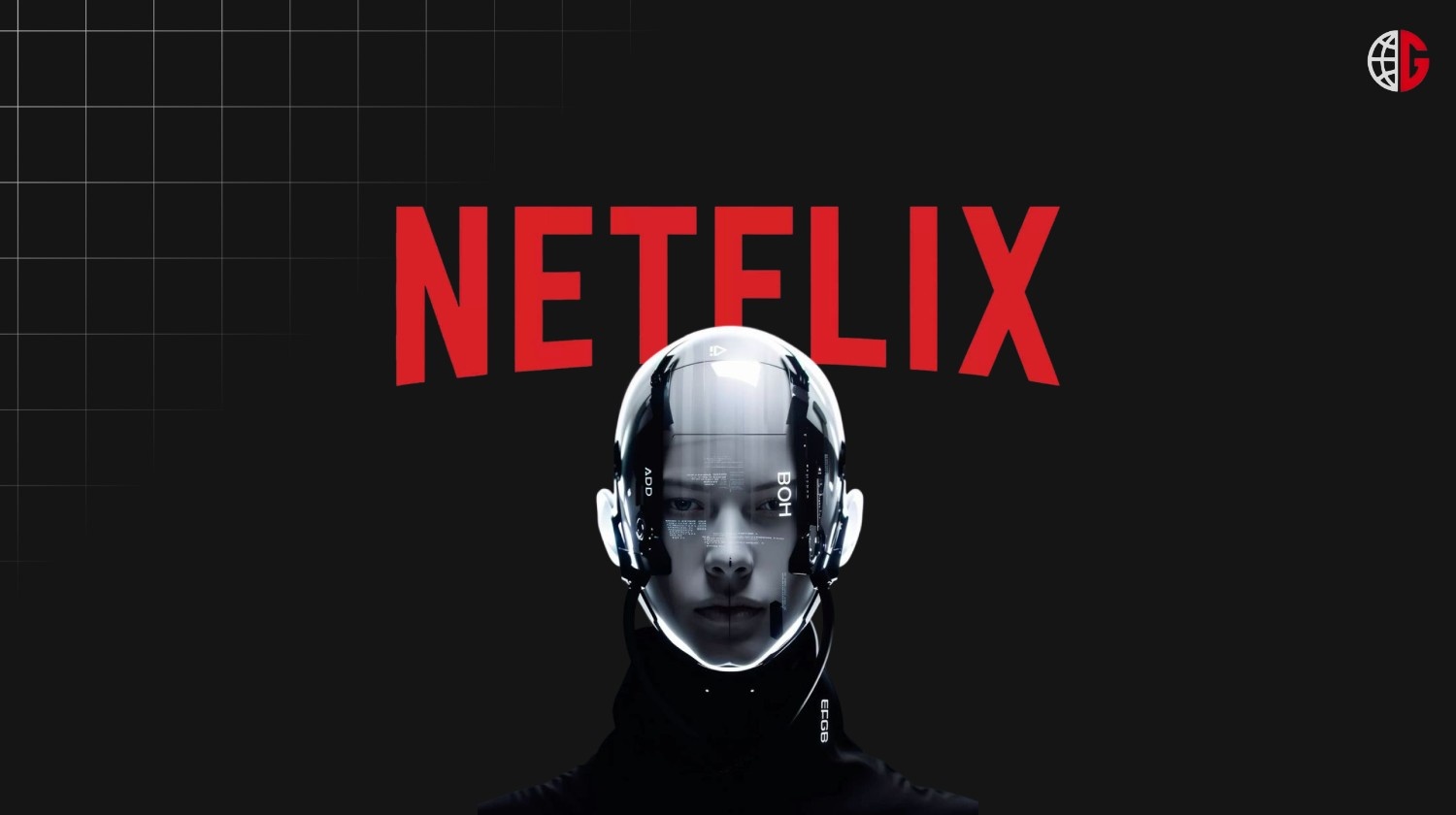In a move that's set to send shockwaves through the entertainment industry, Netflix has revealed that it's utilizing AI-powered tools to generate special effects in its original series, effectively bypassing traditional visual effects artists. The streaming giant's co-CEO, Ted Sarandos, announced the news during a recent earnings call, citing the Argentinian Netflix original series, The Eternaut, as a prime example of AI's capabilities. A scene in episode 6 of the show features a building in Buenos Aires collapsing, courtesy of AI-generated visual effects, a feat that Sarandos claimed would have been cost-prohibitive with traditional methods.
The use of AI in this context has sparked a mix of excitement and concern within the industry. On one hand, the technology has the potential to revolutionize the creative process, enabling artists to work more efficiently and effectively. However, the prospect of AI replacing human artists has raised concerns about the future of the entertainment industry and the potential loss of jobs. Sarandos was quick to emphasize that Netflix's adoption of AI is not solely about cutting costs, but rather about empowering creators with better tools. "We remain convinced that AI represents an incredible opportunity to help creators make films and series better, not just cheaper," he stated.
The implications of Netflix's decision are far-reaching, with many in the industry watching with bated breath to see how this development will play out. The use of AI-generated visual effects is not an isolated incident; it's part of a broader trend that's seen the streaming giant invest heavily in AI-powered technology. In May, Netflix announced plans to roll out AI-generated ads in 2026, a move that's likely to have significant implications for the advertising industry. As the entertainment landscape continues to evolve, it's clear that AI will play an increasingly important role in shaping the future of content creation.
The reaction from the creative community has been mixed, with some welcoming the potential benefits of AI-powered tools, while others express concern about the impact on jobs and the creative process. The International Alliance of Theatrical Stage Employees (IATSE), a union that represents behind-the-scenes workers in the entertainment industry, including visual effects artists, has been negotiating for protections against AI. The union's efforts reflect a growing concern among creatives that the increasing reliance on AI could lead to a loss of human touch and creativity in the industry.
As the debate surrounding AI's role in the entertainment industry continues to unfold, one thing is certain – the technology is here to stay. Whether it's used to augment the creative process or replace human artists altogether, AI is set to have a profound impact on the way we consume and interact with entertainment content. As Sarandos noted, the use of AI in The Eternaut was a significant milestone, marking the first time that AI-generated visual effects have been used in a Netflix original series. As the industry continues to evolve, it will be fascinating to see how this technology is utilized in the future and what implications it will have for creators, audiences, and the entertainment industry as a whole.
In conclusion, Netflix's decision to utilize AI-powered tools for special effects is a significant development that's set to have far-reaching implications for the entertainment industry. While the technology has the potential to revolutionize the creative process, it also raises important questions about the future of jobs and the role of human artists in the industry. As the streaming giant continues to push the boundaries of what's possible with AI, it's clear that the entertainment landscape will never be the same again. With the industry at a crossroads, one thing is certain – the future of entertainment will be shaped by the creative and innovative use of technology, and AI is just the beginning.

